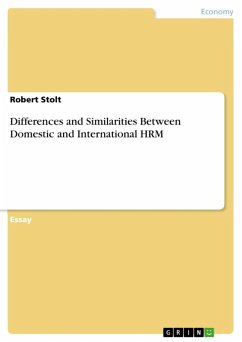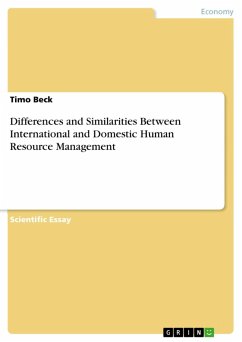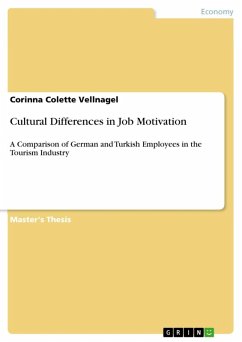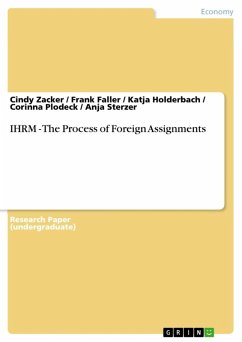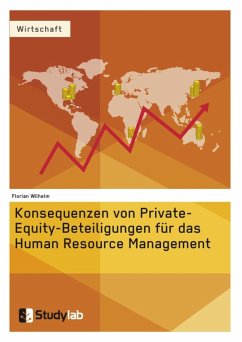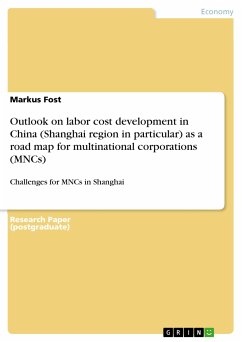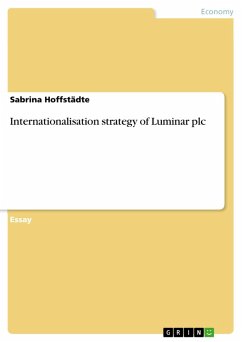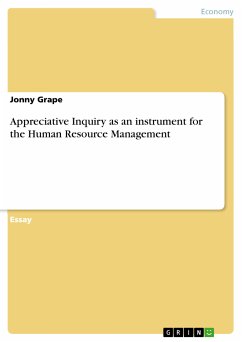Essay from the year 2010 in the subject Leadership and Human Resources - Miscellaneous, grade: A, University of St Andrews, language: English, abstract: Human resource management (HRM) is becoming an increasingly important topic as organisations are forced to adapt their operations to a rapidly growing global environment (Boxall, Purcell & Wright, 2007, pp. 216-218). In this regard, international human resource management (IHRM) has gained in substantiality compared to domestic human resource management in terms of management, organisational structures, cultures and workforce utilisation. The sustainable international human resource management is essential for implementing strategies in multinational companies (MNCs) (Bartlett & Ghoshal, 1989). Companies generally engage in internationalisation activities for the following reasons: higher profit and sales potential, risk spreading, realisation of competitive or country-specific advantages (CSAs), reaction to competitor actions, capitalisation on government incentives, securing business relations, access to know-how and hedging of currency movements (Rump, 2006, p. 10). From an HR perspective companies need to address issues such as the selection, recruiting, compensation, and legal/regulatory requirements of a 'global workforce' (Du Plessis, Venter, Prabhudev, 2007, p. 59). Overall, the globalisation has led to a heightened acknowledgement of a well-managed workforce (Keating & Thompson, 2004, p. 595). On top of that, this development has also contributed to the view that HRM has become a function of strategic significance rather than simply a support function (Scullion & Starkey, 2000, pp. 1061-1081; Pucik, 1992, pp. 61-81). The objective of this paper is to provide a clear overview of the differences between domestic and international HRM analysing recent developments and current issues in this subject. The coursework is divided into five chapters. Initially, the general theoretic foundations of human resource management are explained in chapter two. Thereafter, the specific commonalities and differences of domestic and international human resource management will be outlined in chapters three and four, respectively. Finally, in a retrospective analysis of the paper, the research findings will be analysed and an outlook of the future development of HRM on a global level compared to domestic human resource management will be given.
Dieser Download kann aus rechtlichen Gründen nur mit Rechnungsadresse in A, B, BG, CY, CZ, D, DK, EW, E, FIN, F, GR, HR, H, IRL, I, LT, L, LR, M, NL, PL, P, R, S, SLO, SK ausgeliefert werden.

